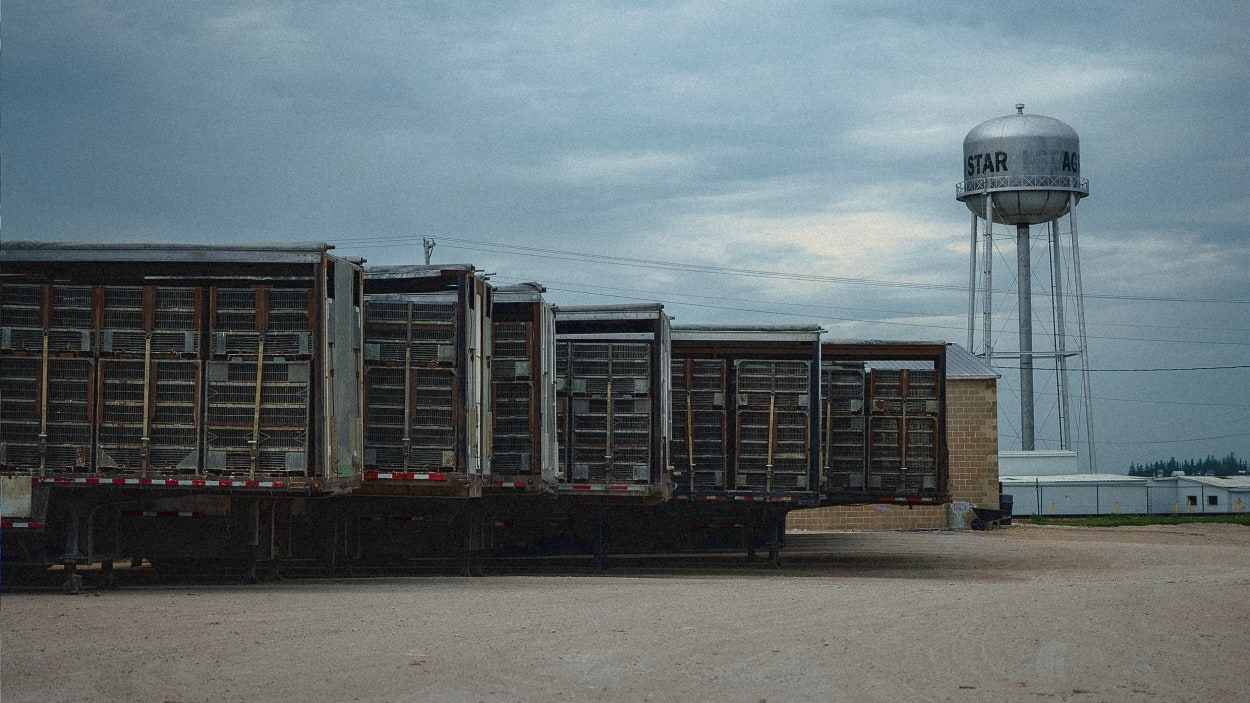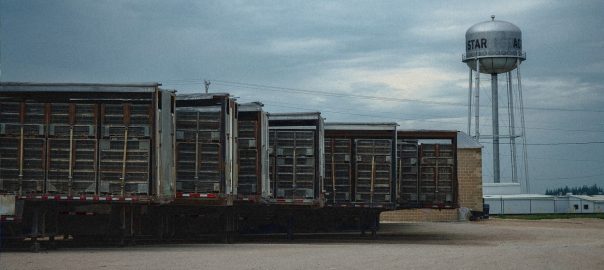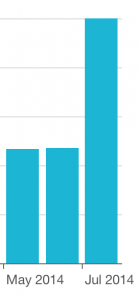Across the country, some 8 million undocumented or unauthorized immigrants are working in the labor force—and experts say they’re among the most vulnerable to exploitation, workplace violence, and dangerous working conditions.
“One of the things that perpetuates unsafe conditions in the workplace is that workers are intimidated into staying quiet,” says Shannon Lederer, director of immigration policy for the AFL-CIO. “And one of the most potent threats that employers use is the threat of immigration enforcement.”
Now, with recent changes from the Biden administration, those workers have a few more protections. This week, the Department of Labor announced that the Occupational Safety and Health Administration will be able to issue certifications for special visas that allow victims of certain crimes—including trafficking, extortion, forced labor, and others—to come forward and help law enforcement investigate and prosecute those crimes, without the fear of retaliation based on their immigration status.
These documents, called T and U visas, aren’t entirely new; other labor agencies, including the Wage and Hour Division and the Equal Employment Opportunity Commission, have long been able to certify, or apply for, them (the Department of Homeland Security ultimately decides whether to grant the requests). The announcement this week expands that ability to OSHA. U visas and T visas do provide paths to green cards and citizenship, though experts say there’s a backlog that means the process for acquiring the visas can take years.
The change comes on the heels of another move, in January, when DHS announced that noncitizen workers who are victims of labor violations now have access to a “deferred action request process,” which provides a two-year period of protection against deportation. It could also provide employment authorization, “so they’re not pushed back into the black market where they have to work under the table,” explains Shannon Gleeson, a professor at Cornell’s School of Industrial Labor Relations.
There’s long been a tension, Gleeson says, between labor policy and immigration policy. “There’s this colliding between, on the one hand, you are here, you’re deportable, you’re not allowed to work, and this other hand that says you have rights as a worker.” Because our labor system is what Gleeson calls “claims-driven . . . it only really operates when someone comes forward and complains, or what we call mobilizes their rights under the law. So unless you have people willing to come forward . . . the system’s wheels don’t really turn.”
Though there’s often been an understanding between the departments of Homeland Security and Labor, there have been situations in which their work collides. One of the biggest examples of this, Gleeson says, was a 2008 raid on a meat-processing plant in Postville, Iowa, when U.S. Immigration and Customs Enforcement arrested 389 undocumented workers; many of them were charged with allegedly using false documents for their employment. Labor officials said at the time that the raid disrupted investigations already underway at the plant.

These recent labor changes aren’t completely new, but they’re still notable. “We’re seeing important progress toward recognizing that we rely on workers to enforce our labor laws, and when they take action to do that, we need to protect them,” Lederer says. “Instead of workers being at risk when they speak up, these policies will make it so they’re protected when they speak up, and, in fact, protected because they speak up.”
Though the changes are geared toward unauthorized workers, who tend to work in industries with high rates of labor violations, Gleeson and Lederer note that they will help all workers regardless of immigration status. “There’s kind of an all-boats-will-rise philosophy here,” Gleeson says, “where if you protect the folks who are most vulnerable, it’s bound to also improve the work conditions of those who are documented or native-born who are laboring beside them.”
As for why these changes are coming now, Gleeson credits labor groups like the AFL-CIO and labor and immigration activists, who have long pushed for reforms. Lederer notes that the AFL-CIO and its affiliates have been advocating for these kinds of policy changes over many administrations. And there’s still more to be done, she says. “As we continue to push our demands for Congress to enact a pathway to citizenship for every worker whose labor helps our country to prosper, we also think that the administration needs to use the levers it has to limit the exploitation that has been enabled by the injustice of our immigration system.”
(19)
Report Post








